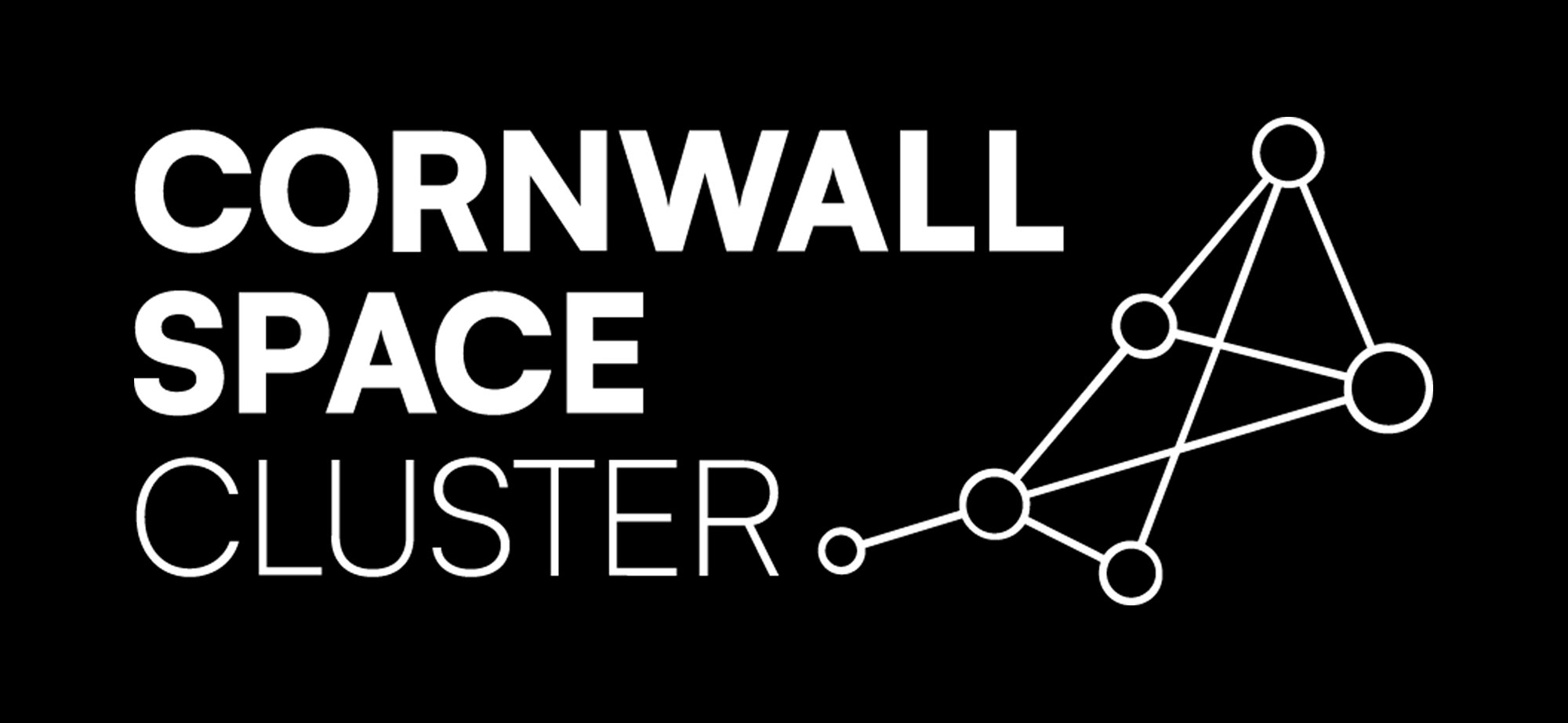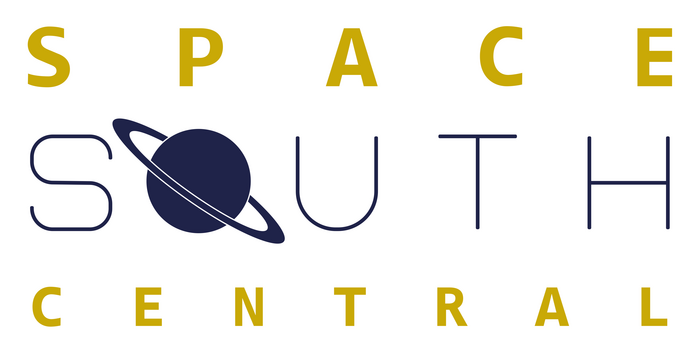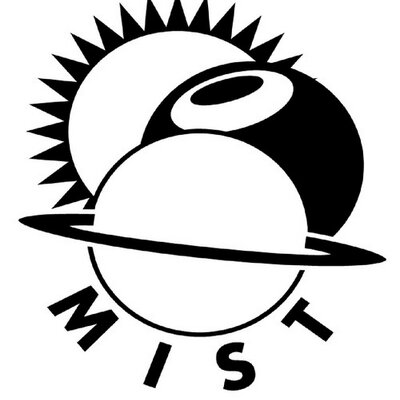The Space Census is a national survey of the UK space workforce.
The 2024 Space Census ran from March to May 2024, and the results will be used to improve what it’s like to work in the sector, tackle discrimination, and make the sector more attractive to new recruits.
The Space Skills Alliance’s census results will give us valuable insights as we continue to deliver on the National Space Strategy to make the UK a space superpower.
Andrew Griffith MP
Minister for Science
This is the second edition of the Census. The first one ran in 2020, and we published four reports based on its findings. These covered demographics, pay, the experiences of women, and how and why people join the sector.
The results were widely quoted and used, including by the Science Minister in Parliament, the Science and Technology Commons Select Committee, the OECD, and many space organisations in the UK and abroad.
The 2024 survey gives us an opportunity to see how things have changed over the last four years and to ask new questions based on the findings from 2020.
The 2024 Space Census is supported by the UK Space Agency and the Department for Science, Innovation and Technology.
The Space Census provides a unique insight into the makeup of the sector’s demographics and the experiences of space sector employees, helping government and the UK Space Agency make more informed policy and delivery decisions.
I urge all those who work in the sector to respond and share their valuable insights.
Paul Bate
CEO, UK Space Agency
FAQs
How do you take part in the 2024 Space Census?
The 2024 Space Census has now closed.
What does the 2024 Space Census cover?
The Census covers demographic information (age, gender, ethnicity, etc.), work information (role, company, salary, etc.) experiences of discrimination, and paths into the sector (qualifications, influences, etc.).
How does the 2024 Space Census build on the 2020 Space Census?
The 2020 Space Census provided the first data of its kind. The 2024 survey gives us an opportunity to see how things have changed over the last four years and to ask new questions based on the findings from 2020. New questions cover topics such as professional development, career breaks, and retention.
Why should I take part in the 2024 Space Census?
The Census results are now being used to inform national space policy and sector strategy, and to improve what it’s like to work in the sector, tackle discrimination, and make the sector more attractive to new recruits.
The findings of the 2020 Space Census have been quoted in Parliament by the Science Minister, in reports by the Science and Technology Commons Select Committee and the OECD, and by many individuals and space organisations in the UK and abroad. We expect that the findings will again be widely referenced.
How will the data be used?
Once the survey is completed, we will analyse the data to look for trends and test some hypotheses. The results of this analysis will be published in one or more reports, alongside recommendations for actions that the sector can take to make it a better place to work.
When and where will the results be published?
We expect to publish the results in a series of reports from late 2024 onwards. We published four reports in total based on the 2020 results.
The reports will be freely available and published on our website spaceskills.org/research.
What assurances can you make that people’s answers will be kept confidential?
We take the confidentiality of the survey data very seriously. We store the data securely following industry best practices, we limit access to only people who need it, and we never share anything that would make any respondent identifiable.
We go into more detail about how we protect the data in our privacy policy.
Who can access the data? What can organisations see about their employees?
Most of the results of the Census will be made public. We may also share data with partner organisations, but never in a way that makes any individual identifiable.
Are there plans to repeat the census, and if so, when?
Yes, we plan on repeating the census every four years.









































